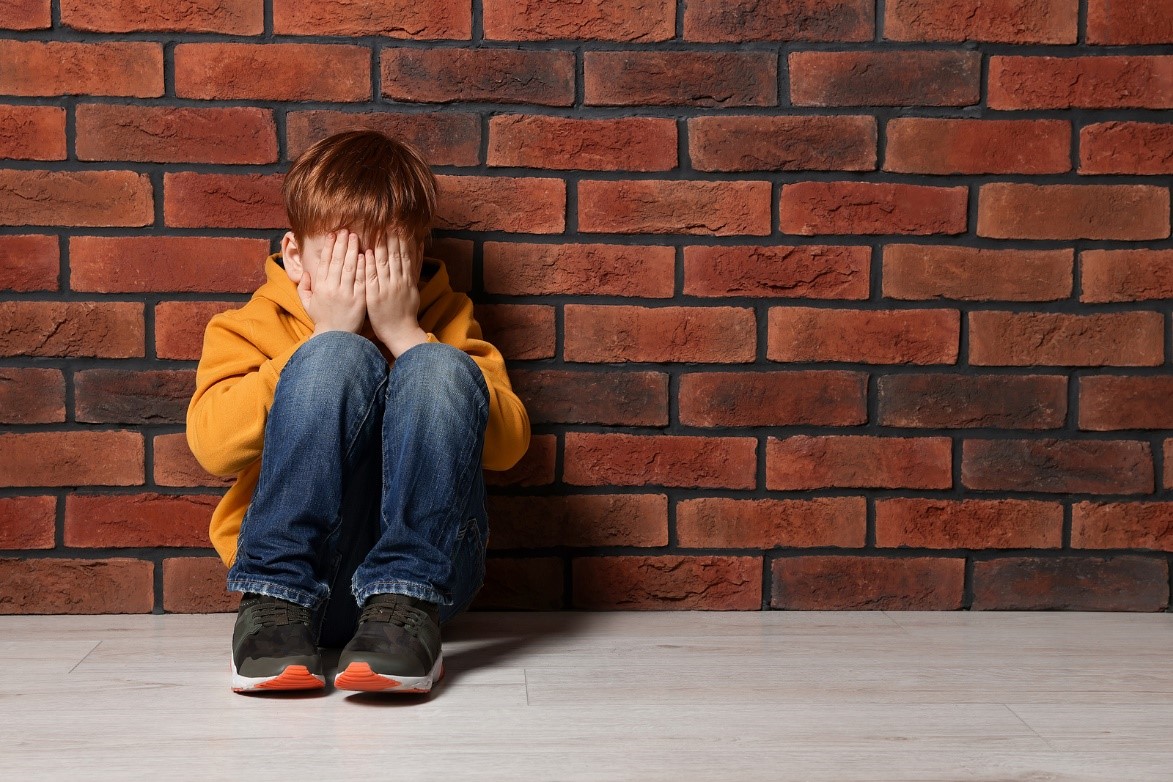Before the COVID-19 pandemic, there were already grave concerns about the mental health of children and teens in Canada. In 2017, a poll in Canada reported that 50% of Ontario parents were worried about anxiety in their children, and 33% said that their child had missed school due to anxiety.1
The pandemic added additional stressors to the lives of children and adolescents, including remote learning, social isolation, and missed celebrations. Research conducted in England during the pandemic showed that the incidence of mental health problems in children rose from 11% in 2017 to 16% in July 2020.2 A large survey in the United States also found a relationship between school closures and mental health outcomes in children.3 The damaging effects of social media on children’s and adolescents’ mental health were also exacerbated by the pandemic, as social media apps assumed a more significant role in communication, especially among young people.
As a parent or concerned adult, you may feel helpless in the face of increasing mental health concerns for young people, but there are ways you can help and resources you can turn to.
Mental Health Problems Affecting Children and Teens
Many mental health challenges adults face are also seen in younger people. These include depression, anxiety, ADHD, eating disorders, and more severe mental illnesses such as personality disorders, schizophrenia, and PTSD.
Promoting Good Mental Health in Children and Teens
Not all mental health problems can be prevented, but fostering self-confidence and building resilience can go a long way toward protecting your child from future issues. Here are some strategies you can try:
- Foster Resilience
Young people can learn coping skills, interpersonal skills, problem-solving techniques, and emotion-management strategies in the same way they learn other skills. Take an active role in teaching them how to cope with stress and to get along with others, and model these behaviours for them. - Encourage Activity
Physical activity, especially outdoors, has significant mental health benefits. Family activities such as going for walks, hiking, canoeing or kayaking, and camping can help children stay active and develop an appreciation for nature. - Provide Healthy Food and Snacks
A healthy body can help support a healthy mind. Foods and beverages that reduce inflammation, build strength, and supply energy lay the foundation for a lifestyle that facilitates resilience and healing. - Allow Time for Fun
Hobbies, sports, play, and excursions to new places are all ways to help children and teens nurture mindfulness, which is beneficial for mental health. These activities also encourage emotional and psychological growth and help children develop confidence. - Look After Your Own Mental Health
You can’t help anyone if you are struggling yourself. Make your psychological well-being a priority. Whether it’s an exercise routine, time alone, or sessions with a therapist, if it helps you, it’s not an indulgence. Schedule regular activities that help you be resilient and strong the same way you schedule outings with your child and parent-teacher meetings.
Education and Awareness
Understanding the challenges children, adolescents, and emerging adults face is key to recognizing when they are struggling and when to intervene. Here are some steps you can take:
- Reading and learning
Educate yourself about the most common mental health problems children and teens are dealing with. Your family doctor or your child’s school guidance counsellor may be able to recommend good sources of information. - Communicating
Practice active listening and encourage your child to talk about their feelings regularly. Give them the language to name their emotions and anxieties so they can more easily discuss them with you. Keep the lines of communication open with your child’s teachers, grandparents, and any other caregivers involved in their lives. Check in with everyone for signs of depression, anxiety, and anything else that is not normal for your child. - Advocating
Be a voice for people who are struggling with their mental health by reducing stigma, requesting more funding for services in schools and communities, and participating in community events related to mental health. When your child sees that you take mental health seriously, they will be more likely to reach out to you for help when they need it.
Professional Help for Children’s Mental Health
Seeking professional help is never a bad idea, although, at times, it becomes necessary. A trained psychologist, social worker, therapist, or counsellor can offer diagnostic and treatment services on either a short-term or an ongoing basis. Here are some people who can help:
- Your Family Doctor
Mental health problems sometimes have organic causes, such as neurochemical imbalances, infections, vitamin deficiencies, or traumatic brain injuries. Your family doctor can assist in identifying these causes. They can also provide basic mental health care and refer you to other professionals in your community. - School-based Services
Check with your child’s school for the services they have on-site, such as guidance counsellors, school psychologists, or school nurses. Encourage your child to seek support from these individuals and groups. If there are opportunities for you to meet with these professionals, take advantage of them. - Mental Health Care Professionals
Psychologists, social workers, counsellors, and therapists are all equipped to help with mental health concerns. Meeting virtually or over the phone has become increasingly available, making it much easier to access these services. You will need to do some research to find the right professional for your child, and you may have to interview more than one person. Remember that persistence and patience may be necessary, but they will be worth it when your child starts receiving excellent care.
About Kari Walton Counselling
If you are looking for mental health services, we are ready to help. Our team is diverse in terms of background, training, and areas of expertise, and we are dedicated to providing our clients with the right care for their individual concerns and circumstances. We offer a range of treatment options, including family counselling, which can help identify any family dynamics that are affecting your child’s feelings of safety and support.
Your wellness is our priority. Contact us today to talk about your family and how we can get you on the road to better mental health!
________________________________________
References:
1 https://www.ipsos.com/en-ca/news-polls/CMHO-children-and-youth-mental-health-ontario
2 https://www.thelancet.com/journals/lanpsy/article/PIIS2215-0366(20)30570-8/fulltext
3 https://jamanetwork.com/journals/jamanetworkopen/article-abstract/2783714

